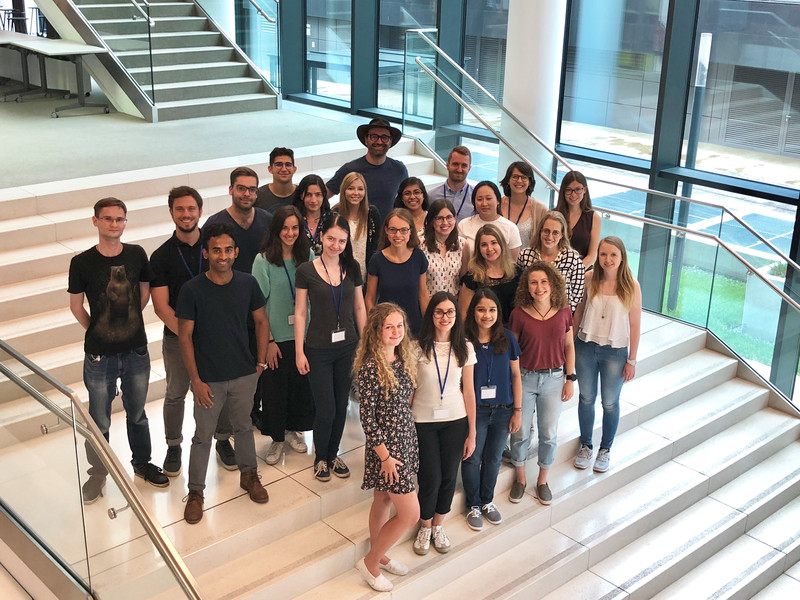Internships
Vienna BioCenter Summer School
In 9-week courses, undergraduate students have the opportunity to work side by side with our scientists. Students will experience world-class research while preparing for their graduate studies in molecular or cell biology. The summer school is jointly organized with our partners the Gregor Mendel Institute (GMI) of Molecular Plant Biology, the Institute of Molecular Biotechnology (IMBA) and the Institute of Molecular Pathology (IMP).
Learn more about the Summer School.
